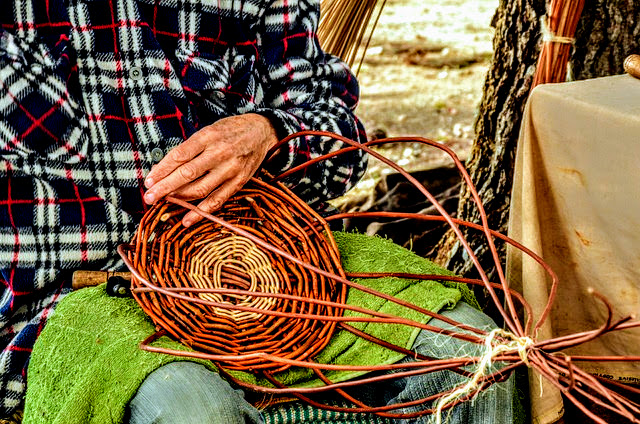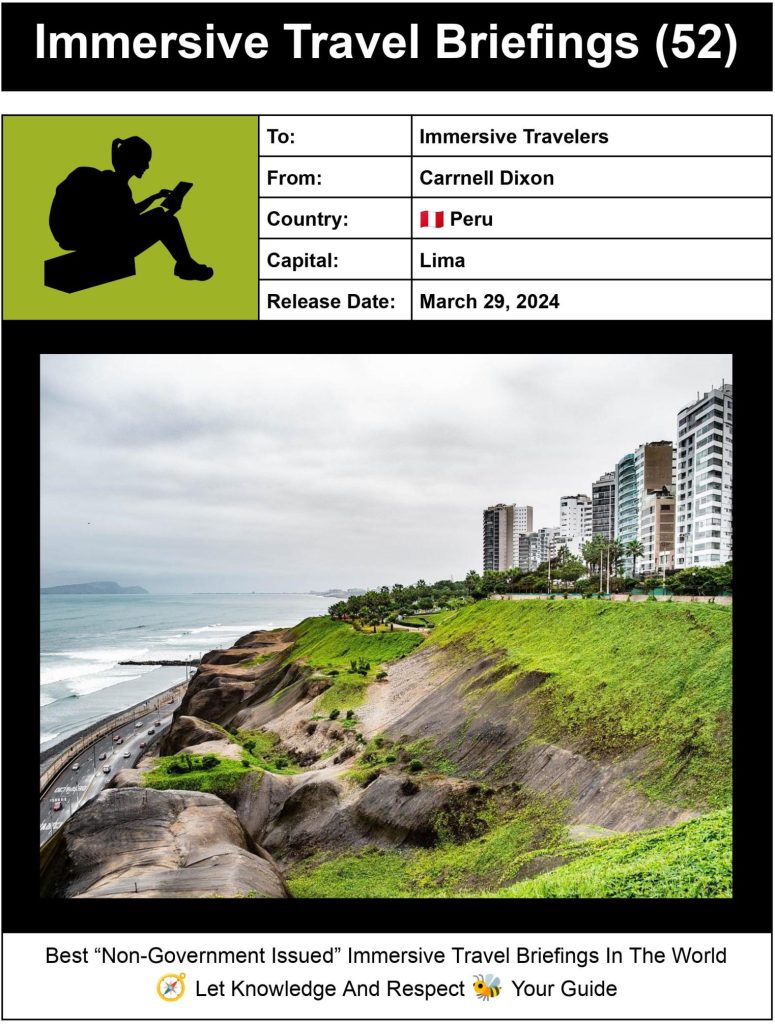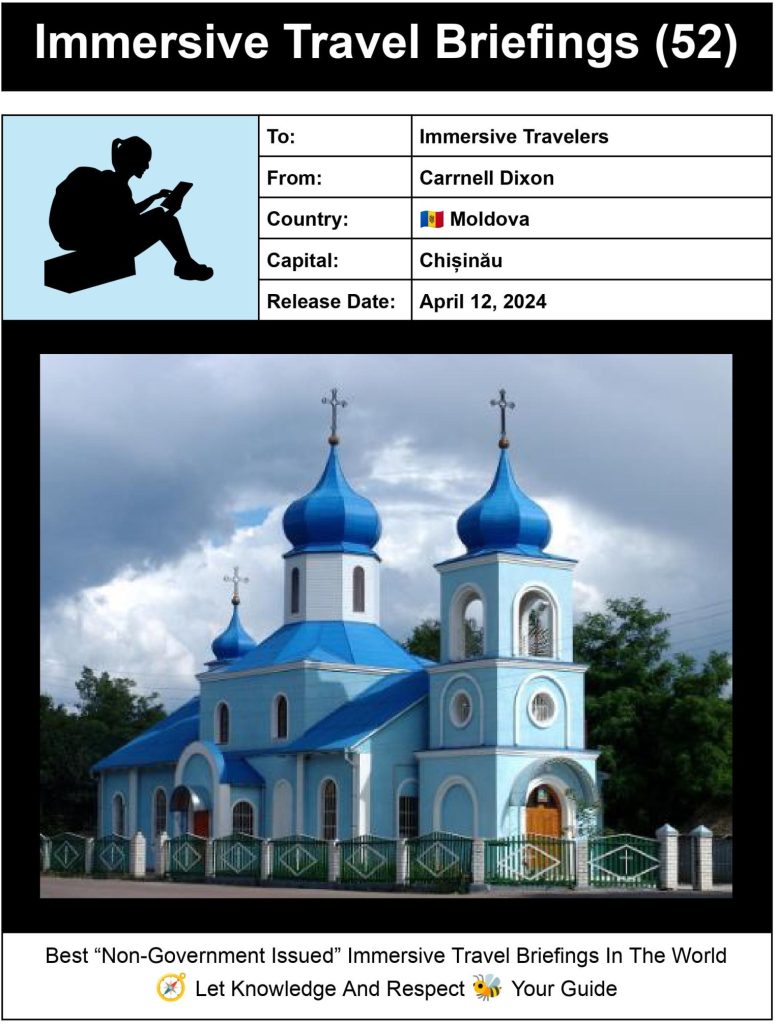.

Immersive travel is seeking a more authentic/personal experience with a destination by living like a local, rather than just viewing it from a safe distance. While learning about the history, culture, customs, values, beliefs, achievements, contributions, and traditions of a place, an immersive traveler also connects with the people. Connections that are not limited to transactions and basic exchanges. Connections that unlock a deeper appreciation of the richness and diversity of human life that fuels respect, empathy, and a perpetual spirit of learning.
Immersive travel might include traveling/wandering for extended/open-ended periods of time and venturing beyond (even striving to avoid) crowded tourist attractions/hotspots in search of authenticity. Immersive travel can have a profound impact on travelers, altering long-held views/perspectives and opening minds to new ways of thinking. It is often a catalyst for personal growth and development.
Homophily, on the other hand, is the tendency for people to associate with others who are like themselves in terms of characteristics, beliefs, or values. This phenomenon is common among expats and digital nomads. Reasons for this include the ease of adjustment to a new environment and culture (the feeling of comfort and support) and a sense of belonging and community (important for people who are living far away from friends and family). This is not always positive. It can lead to social isolation and a lack of exposure to different worldviews. Homophilic groups can also be exclusionary, forming exclusive social cliques that make it difficult for people who are different to feel welcome.
Many people who choose this lifestyle are open to meeting new people from different backgrounds and cultures. However, there are a number of factors that can contribute to self-segregation among these groups, such as:
◾Language barriers: Expats and digital nomads who do not speak the local language fluently may find it difficult to interact with locals.
◾Cultural differences: Expats and digital nomads may feel more comfortable with people who share their cultural values and norms.
◾A lack of familiarity with local customs: Expats and digital nomads may not know how to navigate the local social scene and may feel more comfortable with people who can provide them with guidance.
◾Feeling out of place: Expats and digital nomads may be trying to avoid feeling isolated or out of place in a new environment, driven by a desire to avoid discrimination or prejudice from locals.
There are both benefits and drawbacks to consider. Self-segregation can make people feel comfortable and secure in a new environment, but it can also limit their exposure to new perspectives and experiences. It is therefore important for expats and digital nomads to make an effort to meet people from different backgrounds and cultures. The lifelong adventure of cultural exploration and personal growth, through the transformative power of immersion, can be very enriching and rewarding. Challenge your comfort zone and step outside your familiar routines to discover new ways of thinking and living.
Travel Well,
Carrnell Dixon
Publisher
P.S.
Travel well (adj.)
1. (of a person): Adaptable and flexible in new environments.
- Synonyms: versatile, resourceful, resilient, adaptable, easygoing, open-minded, well-adjusted, well-rounded.
- Antonyms: inflexible, rigid, unadaptable, closed-minded, high-maintenance, difficult.
2. (of a situation or experience): Easily adaptable and manageable.
- Synonyms: smooth, seamless, frictionless, stress-free, pleasant, enjoyable.
- Antonyms: difficult, challenging, frustrating, demanding, stressful.
3. (of an idea or concept): Universally relatable and appealing.
- Synonyms: timeless, classic, widely-accepted, cross-cultural, transferable.
- Antonyms: niche, specific, culturally-bound, dated, irrelevant.



